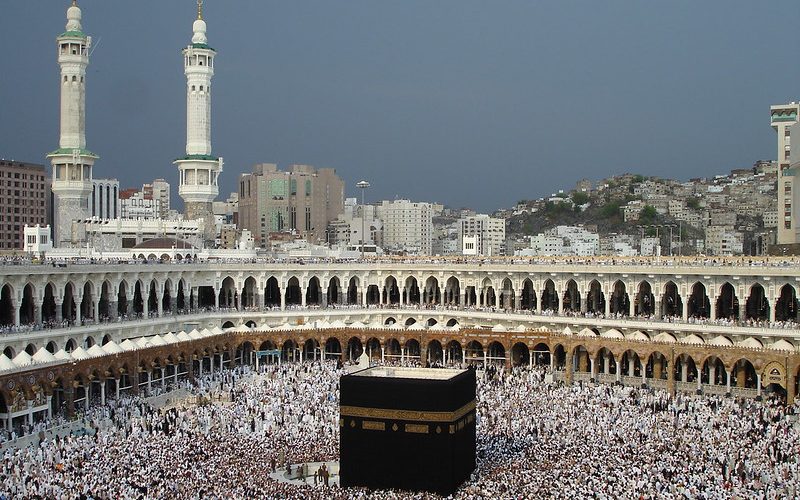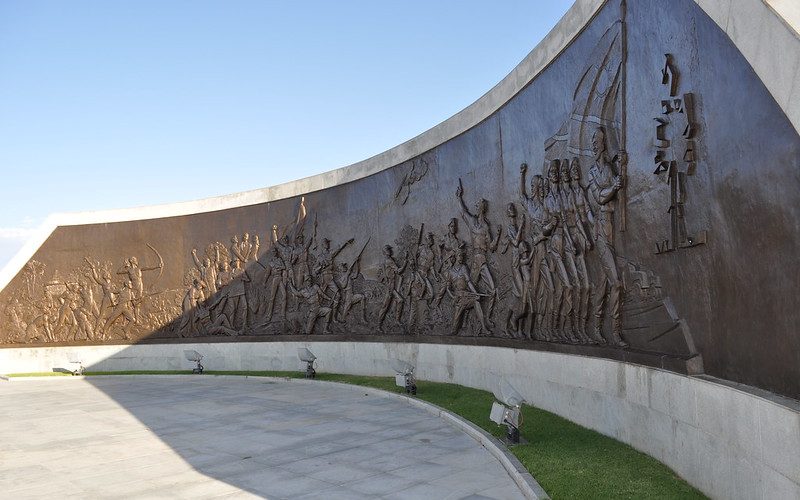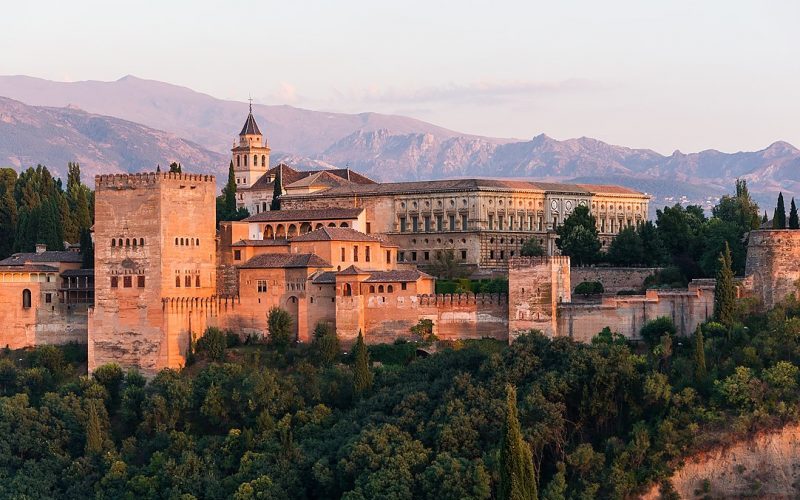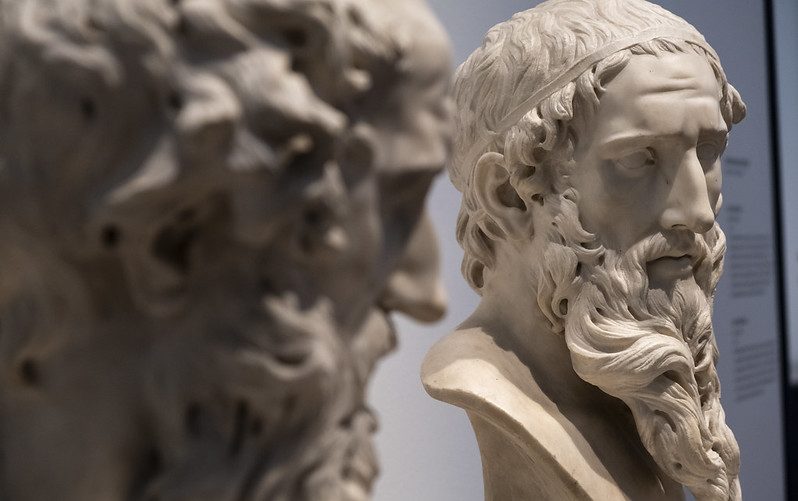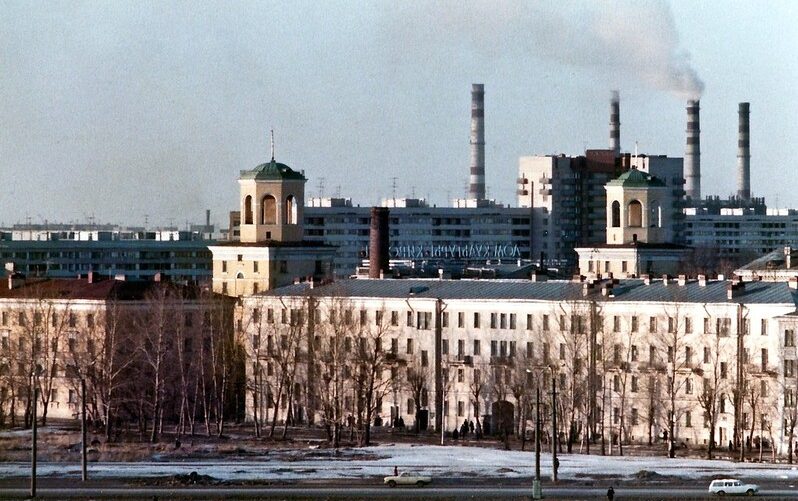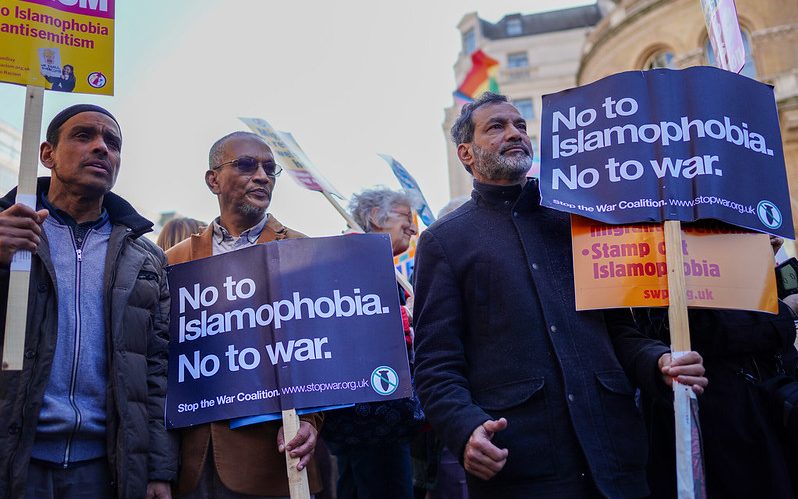
The impact of online Islamophobic discourse on offline anti-Muslim hate-crime
Although online hate speech is deeply rooted in Islamophobic sentiments and exhibits distinct characteristics from offline forms of abuse or violence, substantial evidence supports the assertion that online hate speech serves as a catalyst for offline actions. Amidst the proliferation of Islamophobic discourse in online spaces, the dissemination of fake news and misinformation thrives within echo chambers, perpetuating a cycle of prejudice and intolerance.

